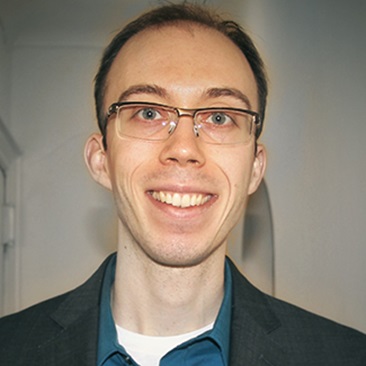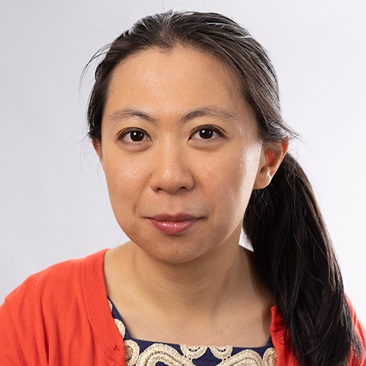Bridging Strengths
June 1, 2020
Why will some folks develop Alzheimer’s, and others not? More than just clinical, it’s a question that begs the broadest exploration. “To promote healthy cognitive aging,” says Janet Wilmoth, “we have to understand the neuro-development of children, how education fosters brain development, how occupational environments promote cognitive functioning, and then ultimately how that leads to cognition in later life. You have to look at the whole life course.”
Wilmoth directs Syracuse University’s Aging Studies Institute, which provides an intellectual home to many SU researchers who are doing such work. But not all of them. A life-course approach to cognitive health would engage neuroscientists, psychologists, biologists, social workers, economists, and sociologists (of which Wilmoth is one). Already the University possesses research strength in those areas, but spread across multiple colleges. There is potential to link them and create even greater understanding of Alzheimer’s disease.
Melding and cross-fertilization of that type is the idea behind the University’s Cluster Hires Initiative, launched last year as part of the Invest Syracuse strategic plan. Identifying areas of cross-disciplinary strength, the initiative seeks to hire faculty members who optimize topic-area connections, and who fuel synergies between those existing strengths. “Clusters cut across schools and colleges, cut across silos,” says Associate Dean Andrew London, “so you get a whole that is greater than the sum of its parts.”
Ten such clusters are defined across the University, and Maxwell plays a role in six. One of them, Citizenship and Democratic Institutions, clearly has deep Maxwell roots. And yet, as defined, it links also with law and communications — considering, among many issues, the “fake news” phenomenon, voter participation, public education, mass incarceration, social media, and the role of the press and the courts in democracy. Maxwell is approved for cluster hires related to organizational theory and democratic institutions; new media and social movements; and inequality, politics, and citizenship.
Across the clusters, some hiring has already begun. In Aging, Health, and Neuroscience, for example, the University recently hired a psychologist focused on cognitive aging, while this fall Maxwell will welcome Jun Li, an expert on Medicare policy and homecare services delivery. “Although she doesn’t specifically study people with Alzheimer’s disease,” Wilmoth explains, “she studies a part of the health care system that serves that population.”
Those two hires demonstrate how expansive a cluster can be. As many as 20 hires are planned for that cluster, across a range of emphases, including four in Maxwell. After Li come positions in population health, health economics, and biodemography. Plus, via Invest Syracuse’s “signature-hire” initiative supporting strategic individual hires, Maxwell doubled down on this cluster, hiring Emily Weimers to study economic well-being across the life course.
Hiring for other clusters also began last year and continued this spring. Johannes Himmelreich, a widely published scholar exploring the ethics of data science and emerging technologies, is contributing to Artificial Intelligence, Autonomous Systems, and Human-Technology Frontier. This spring, in the same cluster, Maxwell hired political scientist Baobao Zhang, who researches public and elite opinion toward artificial intelligence, and how the American welfare state could adapt to the increasing automation of labor.
Geographer Ethan Coffel will join Maxwell in the fall, hired for the Energy and Environment cluster; he studies how climate change is affecting extreme weather and its impact on human societies and natural ecosystems. Meanwhile, outside the formal cluster process, Maxwell is also working to fill a position, concentrating on environmental sustainability and finance, recently funded by Kenneth A. Pontarelli ’92 BS (Econ) and Tracey Pontarelli.
“Clusters cut across schools and colleges, cut across silos.”
Andrew London
Associate Dean and Professor, Sociology
The Pontarelli Professorship is a reminder that strategic hiring is under way outside the cluster hires, too, additionally revealing strategic priorities. Another example: serving an emphasis on international research, last year political scientist Erin Hern (who researches African politics) was a signature hire; and this year senior scholar Michael C. Williams, a specialist in international security, will begin coordinating the MAIR degree program.
Hiring will continue over the next four years. Beyond those mentioned, Maxwell is in line for a scholar focused on Native American history (part of the cluster Social Differences, Social Justice). “We viewed the Native American history line as essential to building this cluster,” says Associate Dean Carol Faulkner, herself an historian. “The department has historically been very strong in this area, given our location.” This researcher will work with SU’s Native American and Indigenous Studies Program.
One sure indicator of a cluster’s strength will be its ability to attract grants and other outside funding. “The scholars we are bringing in will be grant-active and will enable us to build team-based projects that attract funding,” London says. Funders are impressed by institutions doing what the University is doing — investing in cross-disciplinary augmentation of its research cohort, to address key issues. “Maxwell can demonstrate that the University has committed to this,” he adds.
In the meantime, the identification of and populating of University-wide clusters is contributing to something less tangible: collective enthusiasm. Recently, Wilmoth hosted one of the candidates for a faculty position, who later told her, “When I was on campus, there was a palpable sense of excitement around issues related to aging and neuroscience and health.”
And that’s all to the good. Cluster hires, amid other cross-disciplinary strategies, “allow us to generate science that is more cutting edge,” says Maxwell geographer Jamie Winders, who leads the autonomous systems cluster. “The cutting edge of science is often at the intersection of disciplines. You need to be able to bring people together who look at a problem from different perspectives.”
By Dana Cooke
This article appeared in the spring 2020 print edition of Maxwell Perspective © Maxwell School of Syracuse University.
Related News
Commentary

May 1, 2024
Commentary
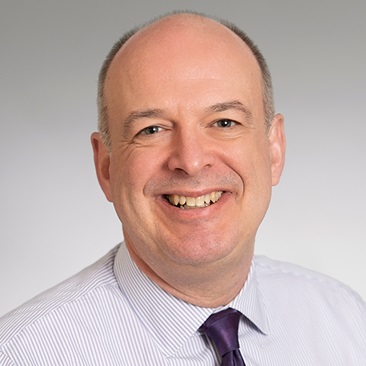
Apr 25, 2024
School News
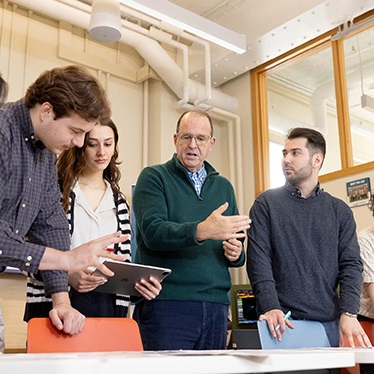
Apr 17, 2024
Research
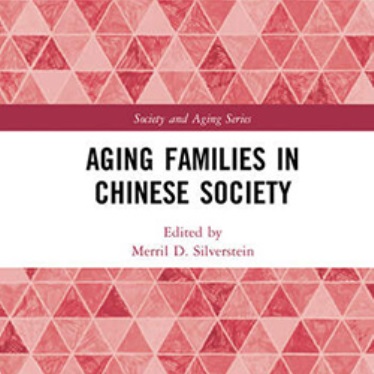
Apr 15, 2024

